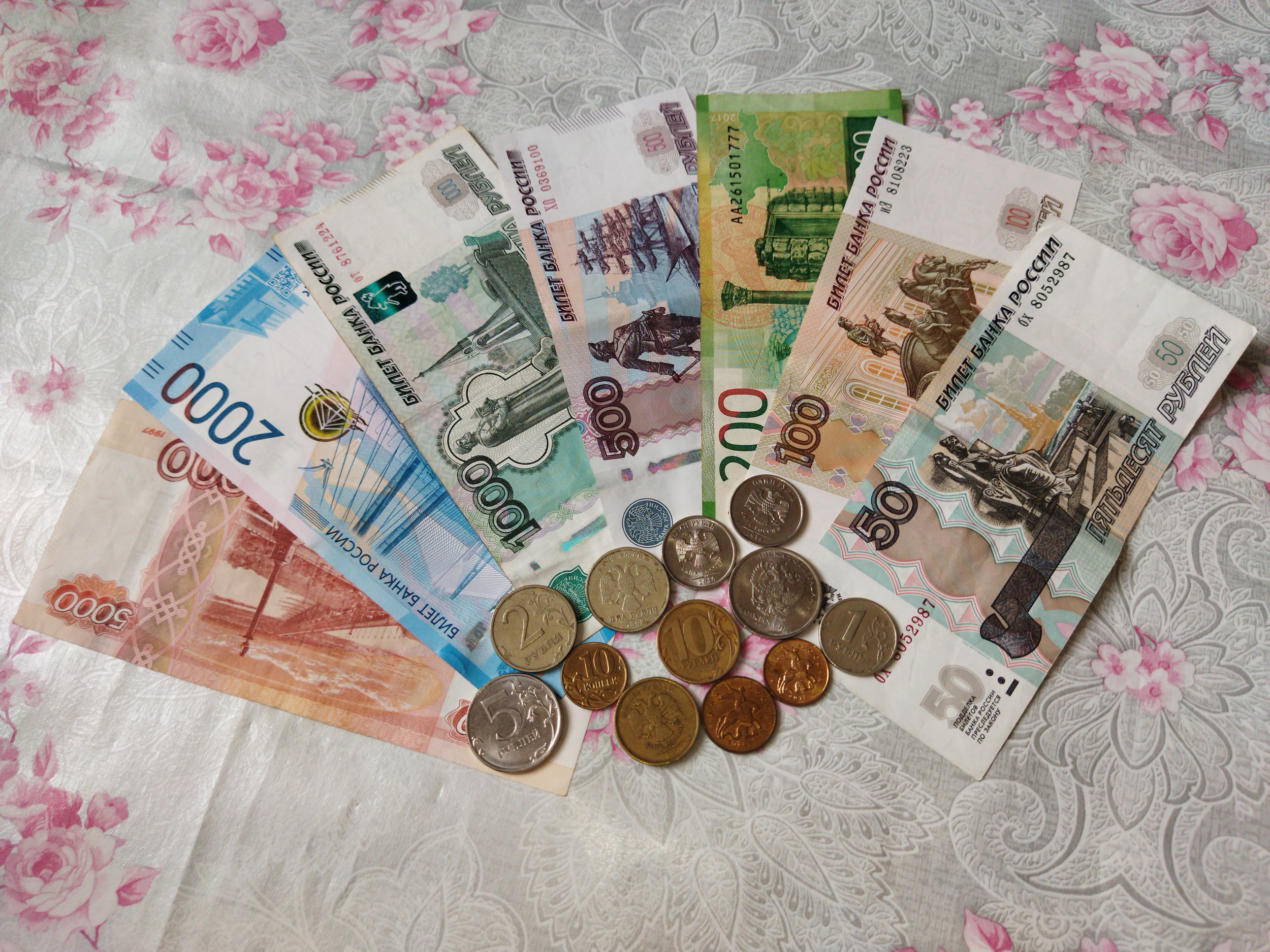US-ASEAN Summit Postponed
A map highlighting ASEAN member countries (Wikimedia Commons)
Cambodian Foreign Minister Sokhonn announced in early March that the summit between President Biden and leaders of the Association of Southeast Asian Nations (ASEAN) would be postponed. Reuters reported that the summit was scheduled for March 28 and 29 in Washington, with Cambodia chairing the event. According to the Jakarta Post, upon speculation that Cambodia did not want to host, Cambodian Prime Minister Hun Sen insisted that scheduling fell under the responsibility of Indonesia, which is responsible for facilitating the summit.
In the ASEAN Secretariat’s Information Paper, the U.S.-ASEAN partnership has concentrated its efforts on maintaining regional security and developing socioeconomically since its establishment in 1977. The United States was also the first non-ASEAN country to name an ambassador to the body in 2008. In 2016, the United States began pursuing an initiative called the U.S.-ASEAN Connect, which aims to foster long-standing economic exchanges between government and the private sector, according to the U.S. Mission to ASEAN.
This meeting will mark the ninth U.S.-ASEAN summit. At the last summit, which took place in October 2021, President Biden announced a $100 million increase in U.S. spending for health, economic recovery, climate, and education initiatives, per AP News. AP News also reported that Myanmar was not allowed to send a government official to the conference due to the violent 2021 coup, which will likely be the case for the upcoming event in Washington as well. Biden also emphasized the continued advancement of the United States’ and ASEAN’s, “shared vision for a region where every country can compete and succeed on a level playing field,” according to the U.S. Mission to ASEAN.
The summit comes at a time when the United States has been particularly vigilant about Chinese military presence in the region. According to AP News, China militarized three artificial islands in the South China Sea this past weekend to promote its self-proclaimed sovereignty over essential maritime trade routes. In the past, the United States has criticized the Chinese government for violating international law, a claim that China vehemently denies, AP News reported. Both China and the United States have substantial trade relationships with ASEAN countries. The Observer Research Foundation reported that China became ASEAN’s largest trading partner during the COVID-19 pandemic, and according to the U.S.-ASEAN Business Council, Inc., the United States ranks as its fourth largest trading partner.
It is unclear whether or not this issue will arise in Washington. Biden chose not to mention Sino-American tensions during the conference in October, a move the Council on Foreign Relations deemed wise. ASEAN has always refrained from taking sides when it comes to this conflict, “not only for economic interests, but also for national security interests and the need for regional peace and stability,” Yang Xiyu wrote in an opinion piece for Global Times.




Niger announced withdrawal from a key counterterrorism task force at the start of April, putting regional stability in jeopardy in the Sahel.